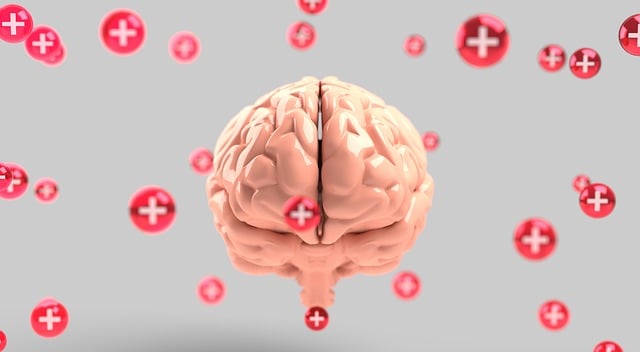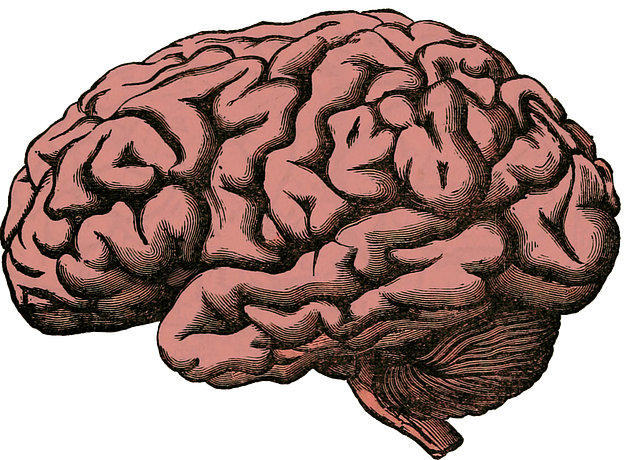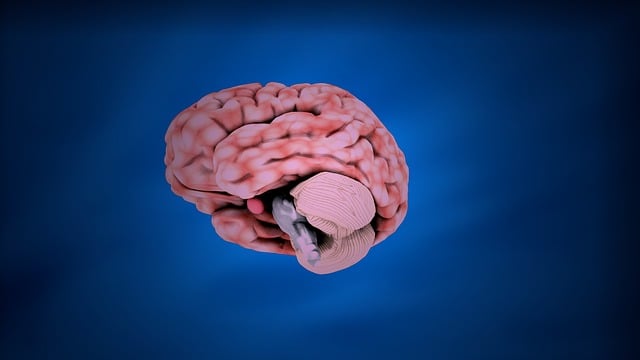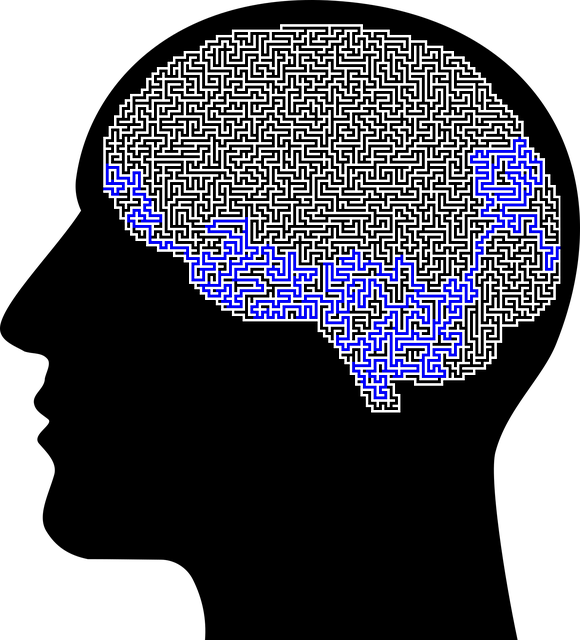Englewood American Sign Language (ASL) Therapy is a transformative approach in mental health education, addressing community-specific challenges. By offering tailored interventions and enhancing accessibility for deaf or hard-of-hearing individuals, this program fosters emotional well-being, belonging, and diverse needs support. Through holistic methods like journaling exercises, trauma support, and burnout prevention, EASL therapy promotes mental wellness, reaches diverse communities with awareness campaigns, and contributes to a healthier society through continuous evaluation and refinements.
Mental health is a cornerstone of overall well-being, yet its complexities often require specialized education. This article explores the design of an inclusive mental health program, focusing on the impact of diverse communities and the unique role of Englewood American Sign Language (ASL) therapy. We delve into key components for effective education, from understanding mental health’s far-reaching effects to implementing and evaluating initiatives that foster resilience. By integrating ASL therapy, we aim to enhance accessibility and support for all.
- Understanding Mental Health and Its Impact on Diverse Communities
- The Role of Englewood American Sign Language (ASL) Therapy in Program Design
- Key Components for Effective Mental Health Education Programs
- Implementing and Evaluating a Comprehensive Mental Wellness Initiative
Understanding Mental Health and Its Impact on Diverse Communities

Understanding mental health is a pivotal step in designing effective education programs. It involves recognizing that mental wellness is a spectrum and that diverse communities have unique challenges and experiences. For instance, communities like Englewood, where access to resources might be limited, often face higher rates of mental health issues due to systemic barriers and socioeconomic factors. This underscores the importance of tailored interventions that address not just symptoms but also the underlying social determinants of health.
Englewood American Sign Language (ASL) Therapy is a notable example of this approach. By incorporating ASL into mental health services, program designers can enhance accessibility for deaf or hard-of-hearing individuals. This inclusive strategy ensures that everyone receives the emotional well-being promotion techniques and crisis intervention guidance they need. Such initiatives not only cater to diverse needs but also foster a sense of belonging and support within these communities.
The Role of Englewood American Sign Language (ASL) Therapy in Program Design

Englewood American Sign Language (ASL) Therapy plays a pivotal role in shaping effective mental health education program design. By incorporating ASL into therapeutic practices, programs can significantly enhance accessibility and engagement for deaf or hard-of-hearing individuals. This inclusive approach ensures that all participants, regardless of their communication preferences, can actively engage with the material and benefit from the support offered.
The integration of Englewood ASL Therapy goes beyond mere translation. It fosters a deeper understanding of emotional expression and empathy through non-verbal means. Practices like compassion cultivation and positive thinking can be powerfully conveyed using ASL, encouraging participants to develop a heightened sense of awareness and connection. Moreover, public awareness campaigns development centered around mental health can reach a broader audience, breaking down barriers and promoting open conversations in diverse communities.
Key Components for Effective Mental Health Education Programs

Englewood American Sign Language Therapy (EASL) programs have a unique opportunity to foster mental wellness through comprehensive education. Effective programs should incorporate diverse components tailored to meet the needs of various individuals. One key element is Mental Wellness Journaling Exercise Guidance, encouraging participants to reflect on their emotions, experiences, and thoughts. This introspective practice promotes self-awareness and can be especially beneficial for managing stress and anxiety.
Additionally, integrating Trauma Support Services is crucial, as many individuals carry unaddressed trauma that can impact mental health. EASL can offer safe spaces for sharing and processing these experiences, coupled with evidence-based techniques for trauma healing. Furthermore, incorporating Burnout Prevention Strategies for Healthcare Providers is essential, given the high-stress nature of healthcare work. These strategies focus on self-care, resilience-building, and workload management to ensure professionals maintain their mental health while supporting others.
Implementing and Evaluating a Comprehensive Mental Wellness Initiative

Implementing a comprehensive mental wellness initiative involves integrating various components to create a holistic program. Englewood American Sign Language (ASL) Therapy can play a pivotal role in enhancing accessibility and inclusivity, ensuring that support is tailored to diverse learning needs. The program should include educational workshops on topics like stress reduction methods, depression prevention strategies, and risk management planning for mental health professionals. These sessions empower individuals with coping mechanisms and foster an environment where open conversations about mental health are encouraged.
Evaluation of such initiatives is crucial to measure their effectiveness. By assessing participant satisfaction, tracking behavioral changes, and analyzing long-term impacts on mental wellness, the program can be refined to better serve its community. This iterative process ensures that Depression Prevention and Stress Reduction Methods remain at the forefront, ultimately contributing to a healthier and more resilient society.
In conclusion, designing comprehensive mental health education programs requires a multifaceted approach. By understanding the unique impact of mental health on diverse communities and incorporating innovative methods like Englewood American Sign Language (ASL) therapy, we can create initiatives that are both inclusive and effective. Key components such as cultural sensitivity, peer support, and accessible resources are essential for success. Implementing and evaluating these programs with a data-driven approach ensures continuous improvement and better mental wellness outcomes for all.














